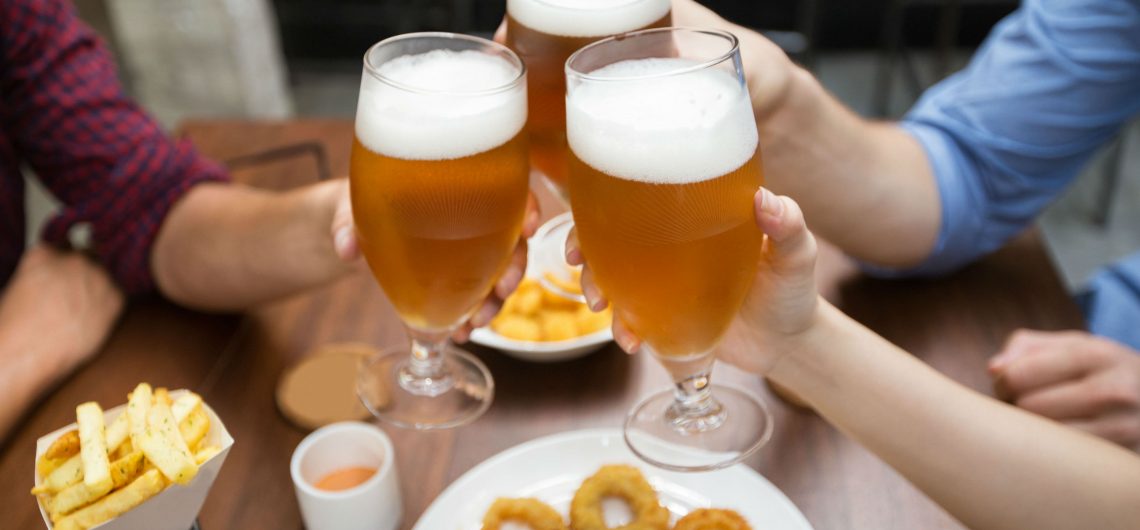Millions of people arrive in Lisbon on a daily basis. They come from all parts of the world and contribute to the strong multiculturalism Portuguese capital has.
“Lisboa menina e moça, menina. Da luz que os meus olhos vêm tão pura. Teus seios são as colinas, varina. Pregão que me traz à porta ternura”, according to the popular portuguese song from Fado artist Carlos do Carmo. His lyrics compare Lisbon to a woman, to a girl to be more precise, stating how beautiful and affectionate the city is, just like a woman.
Fado, popular festivals, Pastéis de Belém, “bica” and “imperial”. All these Portuguese terms, and many others, are part of Lisbon’s culture and are the ones turning it unique.
But in order for you to know more about Lisbon, take the following suggestions:
Get to taste Pastéis de Belém (Custard Tart)
This pastry has been produced for more than 200 years now, and it is truly a delightful sweet for those visiting Lisbon. Pastéis de Belém is actually a Lisbon’s trademark and it has been considered one of the seven wonders of Portugal, back in 2011.
These typical custard tarts were created by a group of monks, located on a monastery in Belém called Mosteiro dos Jerônimos. They invented the receipt as a way of reusing yolks, which were leftovers from baking other goods.
The original receipt remains a secret kept by Fábrica dos Pasteis de Belém, where 20 thousand of pastries are produced daily.
Start your day with a “bica”
“Uma bica, se faz favor”, that’s how locals ask for a short black coffee in Lisbon. This beverage is identical to the much known Italian express, with the only difference being the name itself.
There isn’t a consent when it comes to the origin of the name “bica”. According to its legend, the term was first used on the popular coffee shop “A Brasileira” as an advertising slogan.
In order to lead more clients to drink coffee, which was considered quite sour back in the time, they distributed flyers stating “Drink this with sugar”, which is “Beba Isto Com Açúcar” in Portuguese. Looking only at the capital letters of the Portuguese slogan sentence one can realize it results in “B.I.C.A.”.
Drink an “imperial”
In the north of the country, people commonly ask for a “fino” if they want a beer. In Lisbon, they ask for an “imperial” instead. Both terms mean a cup full of beer took off from a pressure system.
The name “imperial” appeared in the beginning of the XX century, thanks to the first beer producer in Portugal (Fábrica Germânica Imperial) and it is still in use nowadays.
On sunny days, ask for an “imperial”, on an outdoor venue, and get that truly local feeling.
Watch a Fado show
Hearing Fado music is a mandatory thing if you’re visiting Lisbon. Despite many versions about how it first popped in, it is said that Fado music appeared in the second half of XIX century as a way of expressing people sadness back in the time.
Fado is generally sung by only one person, along with the Portuguese guitar tuning. It is possible to hear it in one of the many Fado houses in Alfama, Mouraria, Bairro Alto and Madragoa.
Live Saint Anthony (Santo António) Festival
During the month of June, Lisbon becomes the stage of many celebrations in honor of Santo António, a popular Lisbon religious saint.
Among many traditions, there is a parade prepared by each Lisbon neighborhood and wedding celebrations promoted by the city council.
If you want to know more about Saint Anthony festival, we suggest you read our other article about it.
- Try a tuk tuk tour
Tuk tuks are already part of Lisbon and they are great at spreading the city culture.
Throughout a tuk tuk tour you will be able to explore the most emblematic city spots, particularly the ones only locals know about.
This summer, come to Lisbon and get to know its magic. Explore every corner of one of the oldest European cities and discover more about its history, culture, and tradition.



